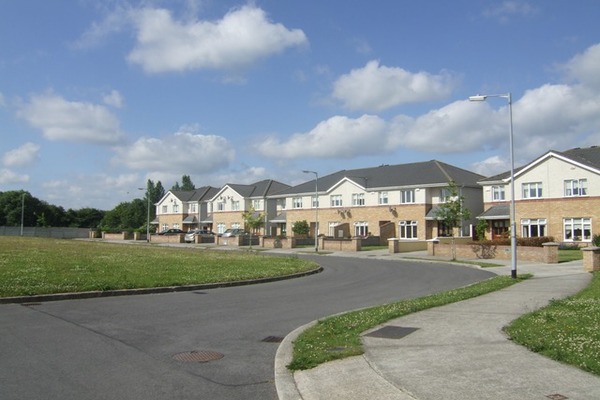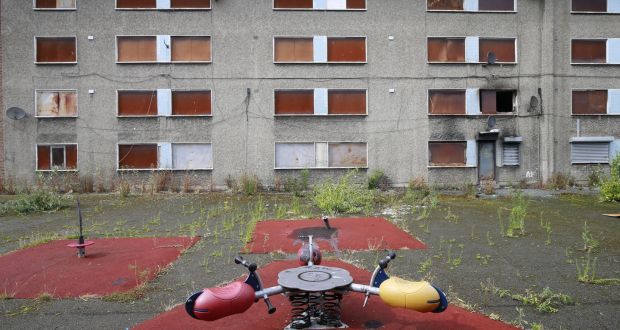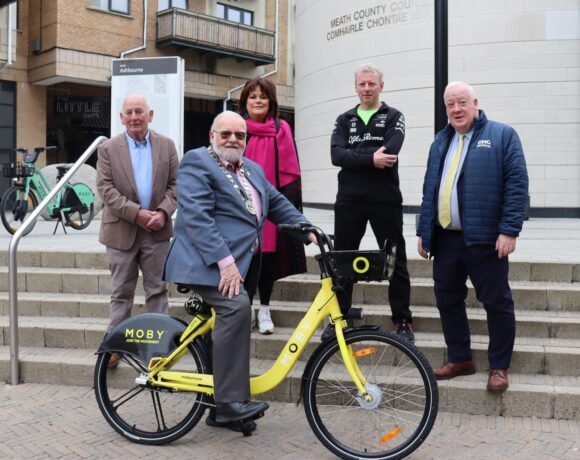New research conducted by the Behavioural Insights Team (UK) for the Sustainable Energy Authority Ireland (SEAI) identified potential behavioural barriers homeowners might face along the home retrofitting journey. These barriers fall into three categories:
- Capability barriers, which affect the homeowners’ psychological and physical ability to retrofit. These include lack of awareness, difficulty in navigating the large number of options and decisions, and lack of financial literacy.
- Opportunity barriers, which refer to environmental factors that can discourage homeowners from retrofitting. These include high costs, split incentives between landlords and tenants, a lack of skilled installers, and a lack of visibility of retrofitting.
- Motivation barriers, which affect our mental processes and ultimately drive homeowners’ decision to retrofit. These include friction costs and hassle, moderate perceived benefits of retrofitting, aversion to risk, and low consumer trust.
Commenting on the research, SEAI Director of Research and Policy Insights, Margie McCarthy said, “we continue to build momentum across the sector and are committed to the Government’s Climate Action Plan which includes a target of implementing 500,000 home energy upgrades (to B2 Building Energy Rating (BER) standard) by 2030. Last year more than 27,000 property upgrades received Government grants through SEAI and as we look to accelerate and reach new audiences, it is clear that the ultimate achievement of Ireland’s ambitions targets hinges on more and more homeowners shifting their behaviours, adopting new technologies and investing in the energy efficiency of their homes.”
The research also identified a list of potential solutions, tailored to the specific challenges identified, and considering the current Irish context and existing schemes. Some of the solutions considered to have high potential impact and feasibility include:
- Addressing financial barriers by expanding and expediting green financing options.
- Reducing hassle by further enhancing the One Stop Shop scheme, e.g. by streamlining the process to become a qualified contractor.
- Increasing awareness and normalising uptake by making retrofitting more visible e.g. through standardised signage outside homes undergoing work.
- Promoting the training of skilled installers by linking apprenticeship training to the One Stop Shop scheme.
McCarthy continued, “this research is extremely valuable as it identifies where the remaining barriers are for homeowners along the home retrofitting journey, but also provides a pathway of concrete solutions to address these. The SEAI is at the forefront of addressing behavioural barriers to retrofitting, by providing grants and reducing the hassle through One Stop Shops (OSSs). This research will help us further improve and create new initiatives. In order for Ireland to meet its Climate Action Plan ambitions we need a functioning energy upgrade industry with skilled workers who can fulfil the retrofitting needs across the country.”
Source: SEAI













